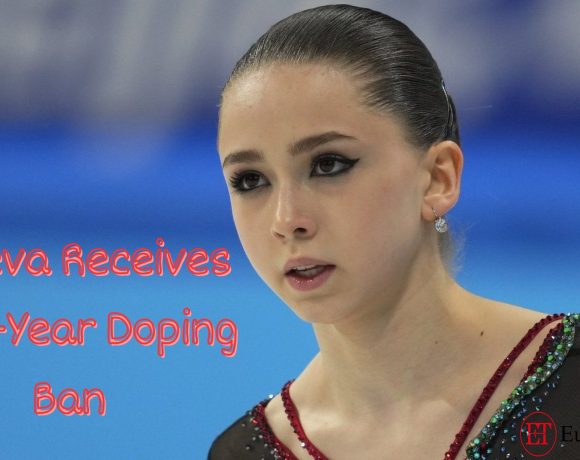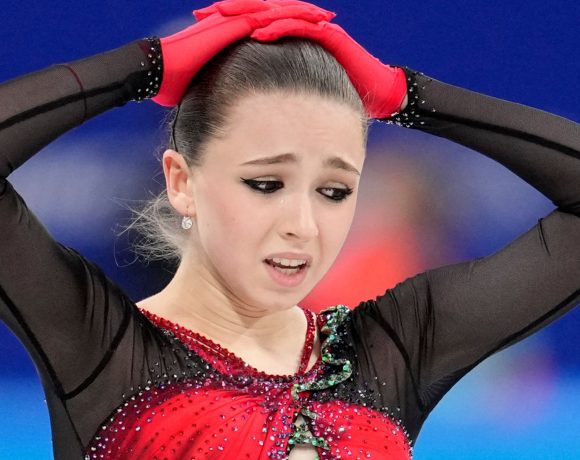
The head of Rai Sport, Paolo Petrecca, has resigned following a string of on-air mistakes during the opening ceremony of the 2026 Milan-Cortina Winter Olympics. The ceremony, watched by 9.2 million viewers on state broadcaster Rai, was meant to be a moment of national pride. Instead, Petrecca’s commentary quickly went viral for a series of high-profile blunders, prompting criticism and even a brief strike by journalists. He will step down at the end of the Games and will not cover the closing ceremony.
Petrecca, who stepped in at the last minute after another commentator was dropped, made several factual errors throughout the broadcast. He mistakenly welcomed viewers to Rome’s Stadio Olimpico instead of Milan’s San Siro and misidentified actress Matilda De Angelis as singer Mariah Carey. He also incorrectly identified Sergio Mattarella’s daughter instead of International Olympic Committee president Kirsty Coventry, and failed to recognise Italy’s volleyball captain Simone Giannelli. Some of his remarks, including cultural stereotypes, further fuelled backlash.
Petrecca, considered close to Prime Minister Giorgia Meloni and her Brothers of Italy party, faced mounting pressure as critics accused the broadcaster of political influence undermining editorial standards. Rai journalists’ union Usigrai described the episode as damaging to the network’s credibility. He will be replaced by senior presenter Marco Lollobrigida, while the originally dropped commentator, Auro Bulbarelli, is set to return for the closing ceremony.
Pic courtesy: google/ images are subject to copyright



